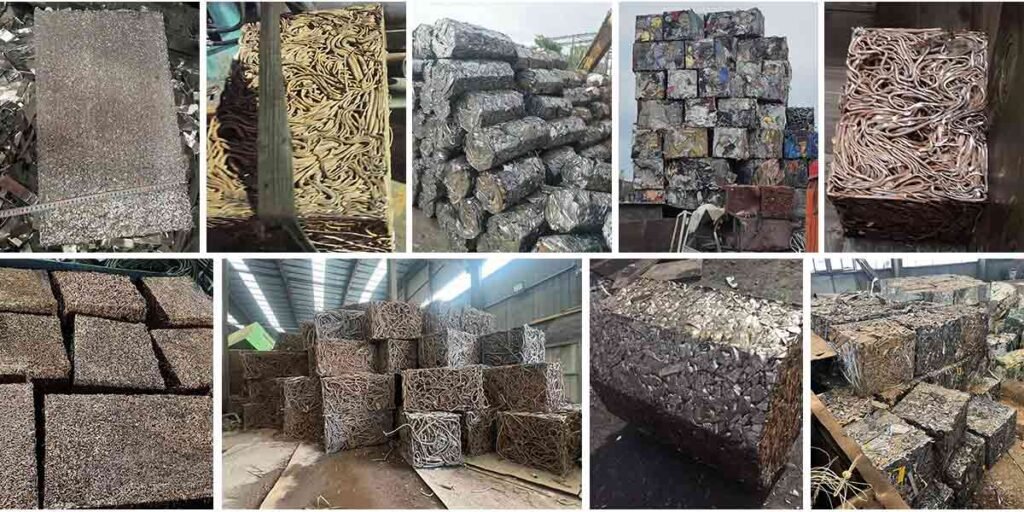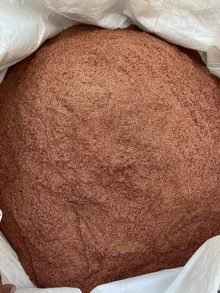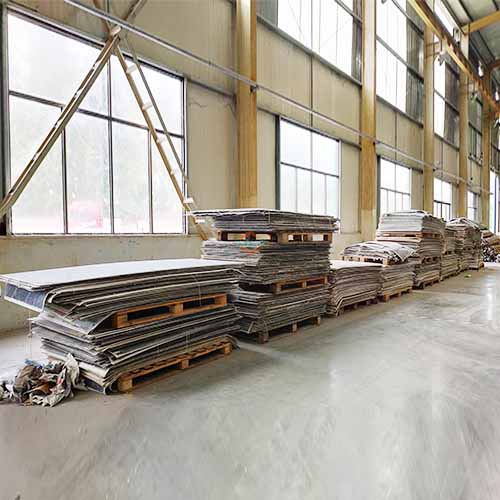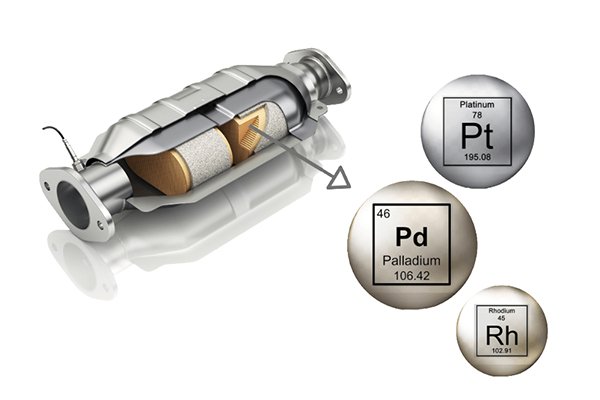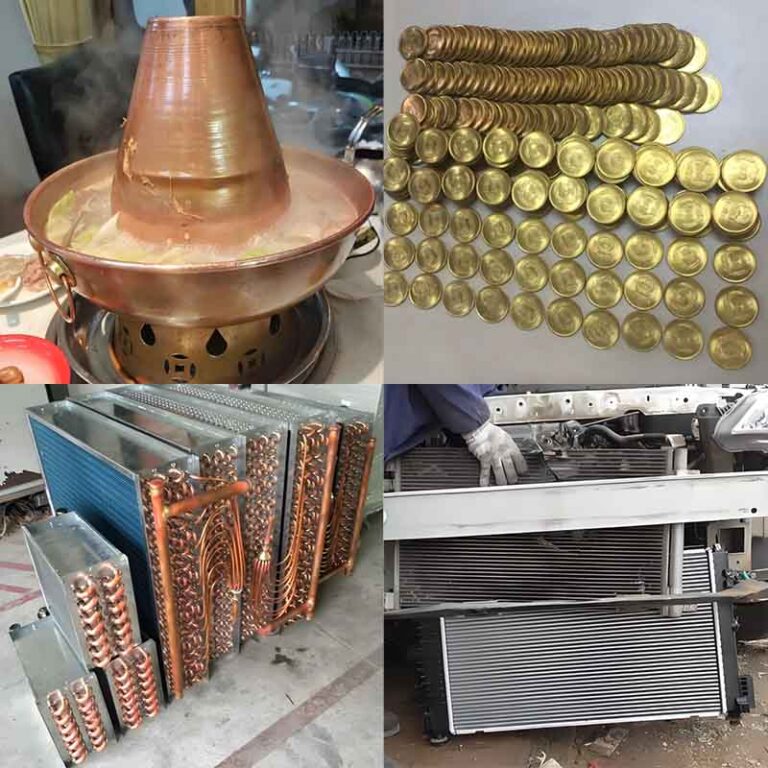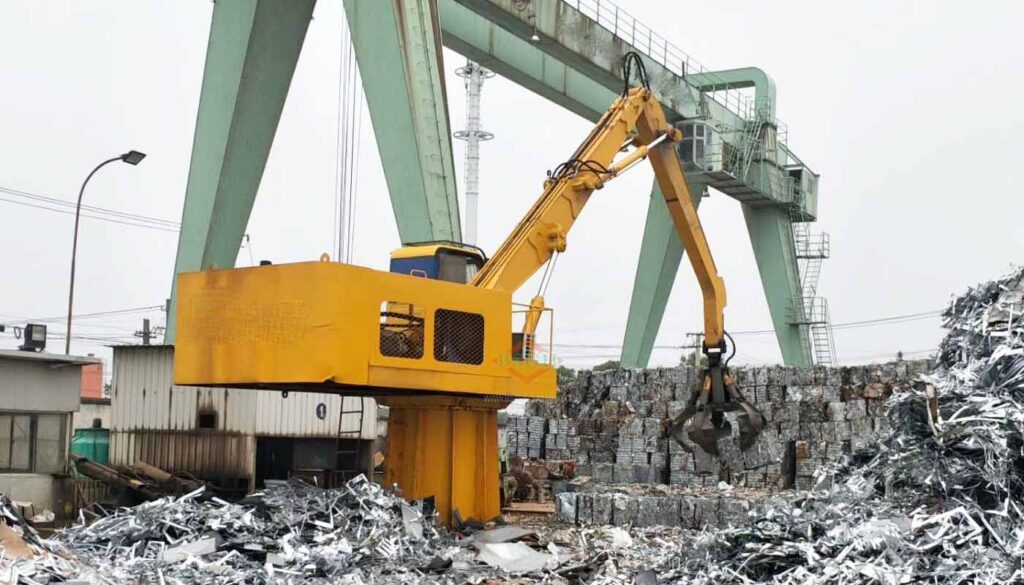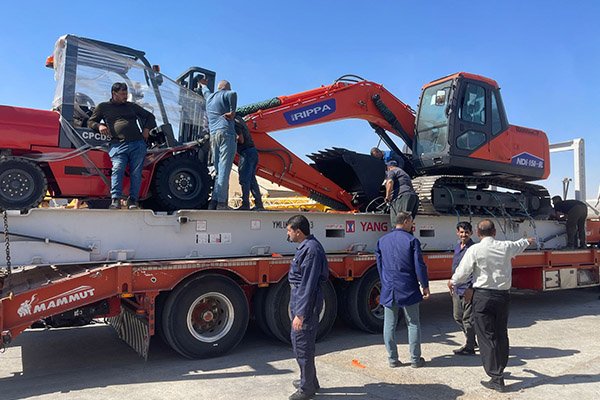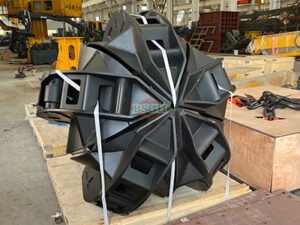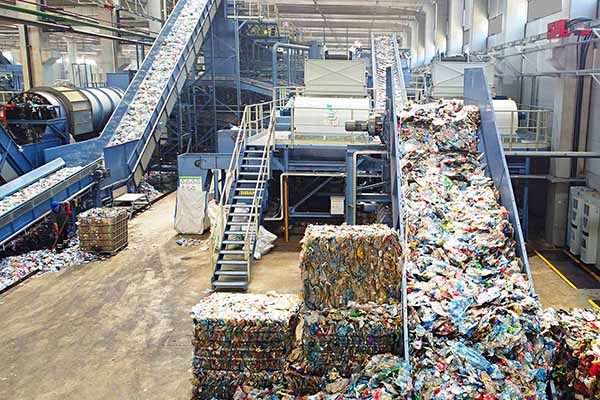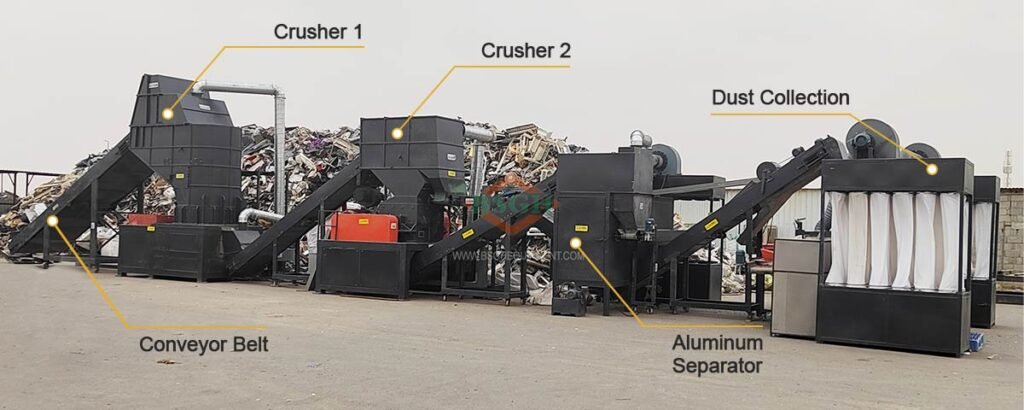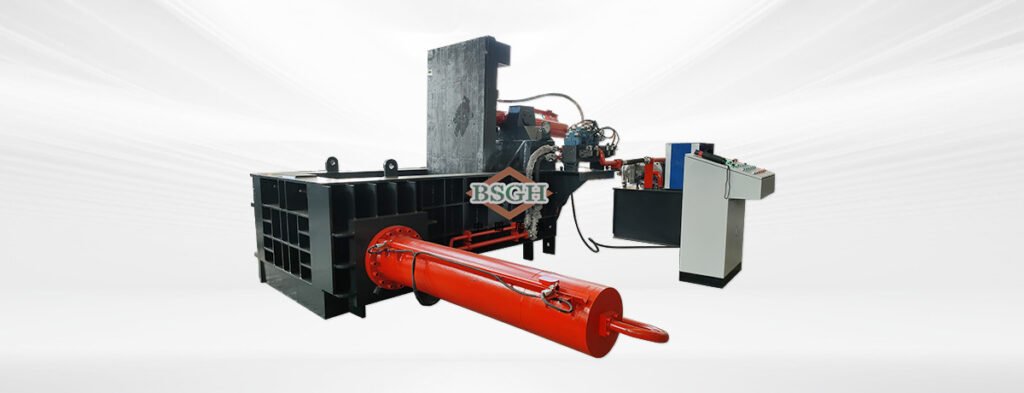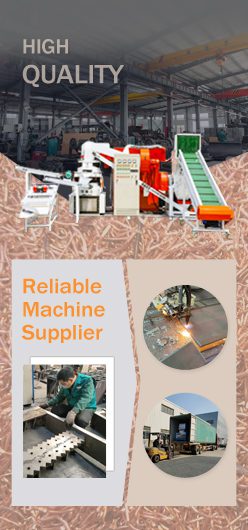I. Introduction
There are mountains of scrap metal generated in the world each year, yet less than 30% is effectively recycled, leading to a great loss of metal resources .

Recycling metal, especially mechanical scrap metal, isn’t just good for the environment but creates opportunities for both individuals and businesses. To make profits more visible for you, we figure out a simple form about common metals like copper and aluminum.
| Metal Type | Market Price (Recycled Metal) | 1 Ton Scrap Value (Recycling) | If Not Recycled (Landfill/Disposal) | Profit Difference |
| Copper | $8,000 per ton | $8,000 | -$50 to -$100 (disposal cost) | +$8,050 to $8,100 |
| Aluminum | $1,500 per ton | $1,500 | -$30 to -$60 (disposal cost) | +$1,530 to $1,560 |
| Steel (ferrous) | $300 per ton | $300 | -$20 to -$40 | +$320 to $340 |
| Mixed Electronic Scrap | $2,000 per ton | $2,000 | -$100+ (special e-waste disposal fees) | +$2,100+ |
Therefore, recycling scrap metal can not only cut down waste but also turn trash into cash while protecting natural resources.
II. 8 Pro Tips for Higher Returns in Scrap Metal Sorting
Sorting scrap metal needs to experience a multi-stage process that combines advanced physical separation methods in modern recycling plants. It is critical to recycle wisely so as to unlock the full value of your scrap metal. Here are eight pro tips to sort scrap metals effectively and get higher returns.
Tip 1: Understand Your Metals
Understanding the different categories of metals is a fundamental step in sorting scrap effectively:
- Ferrous metals: Iron, steel–commonly used in construction and manufacturing, usually magnetic.
- Non-ferrous metals: Aluminium, copper, brass, zinc–lightweight, corrosion-resistant, and often more valuable.
- Precious metals: Gold, silver, platinum–rare and highly profitable if recovered.
- Rare metals: Titanium, nickel–valuable in specialized industries such as aerospace and electronics.
| Category | Examples | Typical Color | Relative Weight | Common Sources | Magnet Test |
| Ferrous metals | Iron, Steel | Gray, silver with dull finish | Heavy | Construction beams, machinery, car parts, appliances | Magnetic |
| Non-ferrous metals | Aluminum, Copper,Brass, Zinc | Aluminum: silver-white Copper: reddish-brown Brass: yellow-gold Zinc: bluish-silver | Generally lighter than ferrous | Cans, wires, plumbing pipes, roofing, fixtures | Non-magnetic |
| Precious metals | Gold, Silver, Platinum | Gold: yellow Silver: gray-white Platinum: silver-white | Medium to heavy (dense but small quantities) | Jewelry, electronics, medical equipment, and catalysts | Non-magnetic |
| Rare metals | Titanium, Nickel | Titanium: silver-gray Nickel: silver with slight yellow tint | Medium weight (lighter than steel but stronger) | Aerospace components, medical implants, batteries and alloys | Mostly Non-magnetic (Nickel can be slightly magnetic) |
An accurate identification prevents contamination, ensures proper processing, and guarantees higher resale prices.
Tip 2: Plan Your Sorting Process Strategically
A well-structured sorting metals process improves efficiency and decreases costs:
- Design a systematic workflow based on the type and volume of metals.
- Streamline collection, sorting, processing and storage to minimize handling time.
- Ensure compliance with environmental regulations and safety standards.
A clear plan saves time, minimizes waste, and improves profitability.
Tip 3: Pre-Process Before Sorting
Large scrap metals should be processed into smaller, manageable pieces before sorting:
- Use alligator shears, shredders, balers and briquetting machine to disassemble oversized products.
- Smaller pieces are easier to handle, transport, and process.
Sufficient preparation enables faster sorting, reduces labor, and increases throughput of waste metal.
Tip 4: Remove Impurities
Clean scrap delivers higher quality and better pricing:
- Remove rust, oil, coatings, plastics, or paint residues.
- Apply appropriate methods such as mechanical cleaning, chemical baths, or heat treatment.
Higher purity waste metals increase resale value and ensure a better end-use quality.
Tip 5: Sort Magnetic & Non-Magnetic Metals
Magnetic separation is a quick and efficient sorting step, there are many advantages such as:
- Help distinguish ferrous (iron, steel) from non-ferrous metals.
- Ensure a better purity and simplifies further processing steps.
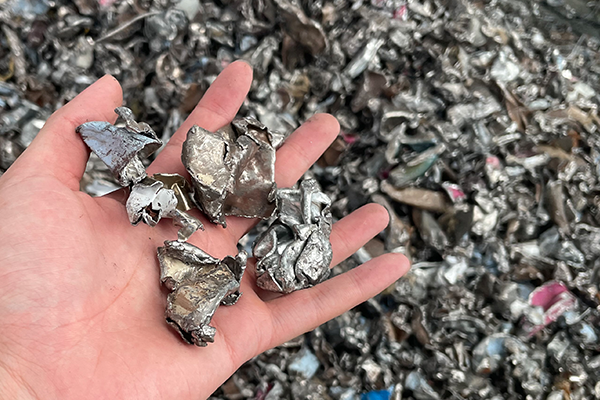
This separating process saves time, improves sorting accuracy, and boosts metal market price.
Tip 6: Choose the Right Sorting Machine
If you want to sort scrap metals, the most important stage is to invest a right sorting machine to make more profits. Each type from BSGH Granulator is designed for specific materials and volumes, ensuring higher recovery rates and lower operating costs:
- Wire stripping machine: For thick cables (above 25mm).
- Cable granulator: For large quantities of smaller cables (under 25mm).
- Motor wrecker: For motors 50–500mm in diameter.
- Motor recycling plant: For bulk processing of mid-sized motors.
- Radiator recycling machine: For flat, non-bending radiators.
- Radiator recycling plant: For large-scale radiator recovery.
Only by choosing a suitable sorting machine can you improve recovery efficiency, reduce labor, and minimize metal loss. In a word, the right investment doesn’t just pay off in the short term—it drives higher profits and ensures long-term operational success.
Tip 7: Maintain the Scrap Metal Sorting Machine Regularly
Pre-maintenance is essential to keep any metal sorting machine running at peak performance. Key methods include:
- Lubricating moving parts to reduce friction and wear.
- Replace worn blades and consumables in time.
- Inspecting for mechanical wear to catch potential failures early.
- Maintaining detailed service records to schedule timely servicing and minimize unexpected downtime.
Consistent maintenance not only extends the machine’s service life but also reduces repair costs, improves reliability and keeps a stable output.
Tip 8: Store Sorted Metals Properly
Last but not least, it is a key step to store scrap metalss in safe and organized way for the purpose of preserving their market value. To achieve this, please do as follows:
- Prevent oxidation and corrosion by avoiding prolonged exposure to open air.
- Keep metals away from risks such as water, fire hazards, and corrosive chemicals.
- Store metals by category makes transport easier and resale quicker.
If abide by these eight pro tips, you can keep the purity and integrity of your sorted metal, ensuring smoother transportation downstream and higher resale prices.
III. Conclusion
In summary, mastering scrap metal sorting is not simply about tidying up the recycling process — it is a foundation of getting higher returns and long-term business growth. By correctly identifying metals, planning workflows strategically, pre-processing materials, removing impurities, and using sorting technologies, you can dramatically improve waste metals both in efficiency and purity. Choosing the right machine, maintaining it properly, and storing metals in an organized way to complete the cycle, ensuring every step adds measurable value. In practice, these eight pro tips form the four pillars of profitable recycling: knowledge, planning, technology, and care. Together, they help recyclers reduce operating costs, increase resale value, and contribute to global sustainability efforts.
At BSGHGranulator, decades of experience shows real profitability comes from combining best practices with the right sorting machine. Our portfolio—from cable stripping machines to metal shredders — is designed to help you at every scale achieve higher recovery rates, lower labor cost, and prevent valuable metal loss. Built for reliability, efficiency, and cost-effectiveness, our sorting mechanical scrap metal machines are your trusted “silent partners” behind successful recycling operations worldwide.
Contact us today to learn how our machines help you grow your scrap metal sorting business and stay ahead in a competitive market.


